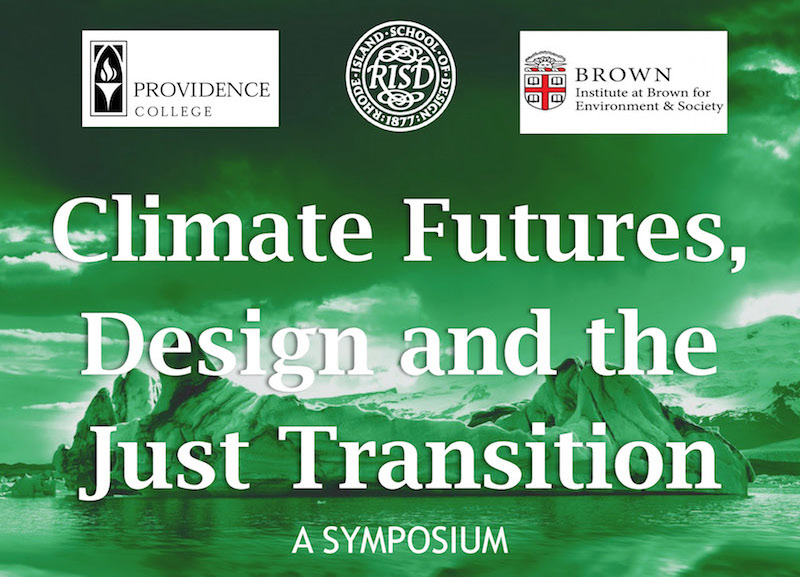Loading...
Location
RISD Auditorium, 7 Providence River Greenway, 17 Canal Walk, Providence, RI 02903
Event Website
https://liberalartsmasters.risd.edu/ncss/events/climate-futures-design-and-the-just-transition-symposium/
Start Date
10-11-2018 9:00 AM
End Date
10-11-2018 10:30 AM
Document Type
Video
Description
Rapid and just decarbonization of the global economy must occur as soon as possible. Critical scholarship has demonstrated that all things remaining equal, a rapid transition to renewable energy and transportation systems is going to have significant impacts on land use patterns, ecologies and communities all along the global supply chain. Yet, it is also clear that critiques of the material impacts of renewables can take very different forms and be used to bolster very different kinds of political projects from environmental justice activism to ecocentric romanticism, from anti-civilization/neo-primitivist currents, to pro-nuclear ecomodernists and anti-renewables fossil-fuel advocates. In this panel, we seek to explore how critical scholarship on global supply chains can engage fully with hazardous impacts of the big renewables roll out whilst also keeping the door open for reconfigurations and different modes of deployment that open up new possibilities for energy democracy.
File Type
mp4
Run Time
1 hr 31 min 37 sec
Speakers
Moderator: Thea Riofrancos (Providence College)
Speakers:
- Peter C. Little (Rhode Island College) “Global Copper and Toxic Supply Chain Labor in Ghana”
- Julie Klinger (Pardee School of Global Studies, Boston University) “Rare Earths, Logistics and Supply Chains”
- Dustin Mulvaney (San Jose State University) “Environmental Justice, Global Supply Chains and the New Renewables Debate”
Climate Futures 1 | Climate Futures, Design and the Just Transition, Session 4: Designing Just Transitions: Green Design and Global Supply Chains
RISD Auditorium, 7 Providence River Greenway, 17 Canal Walk, Providence, RI 02903
Rapid and just decarbonization of the global economy must occur as soon as possible. Critical scholarship has demonstrated that all things remaining equal, a rapid transition to renewable energy and transportation systems is going to have significant impacts on land use patterns, ecologies and communities all along the global supply chain. Yet, it is also clear that critiques of the material impacts of renewables can take very different forms and be used to bolster very different kinds of political projects from environmental justice activism to ecocentric romanticism, from anti-civilization/neo-primitivist currents, to pro-nuclear ecomodernists and anti-renewables fossil-fuel advocates. In this panel, we seek to explore how critical scholarship on global supply chains can engage fully with hazardous impacts of the big renewables roll out whilst also keeping the door open for reconfigurations and different modes of deployment that open up new possibilities for energy democracy.
https://digitalcommons.risd.edu/liberalarts_climatefutures/climatefutures2018/climatefutures2018symposium/5

